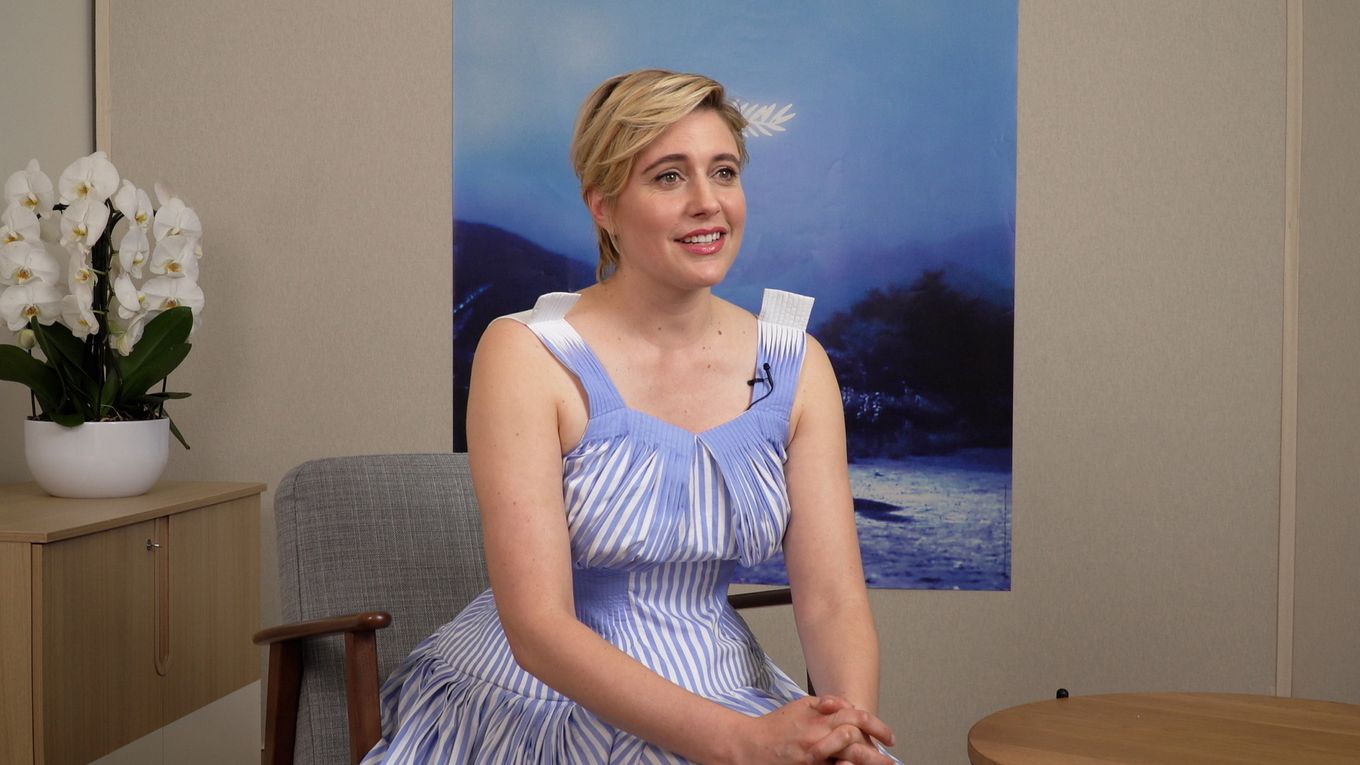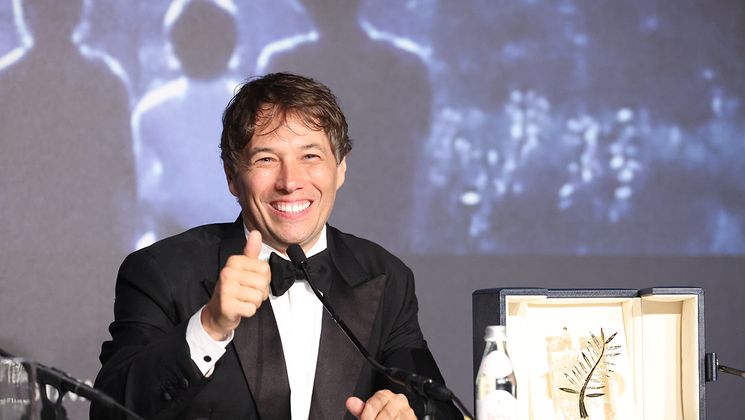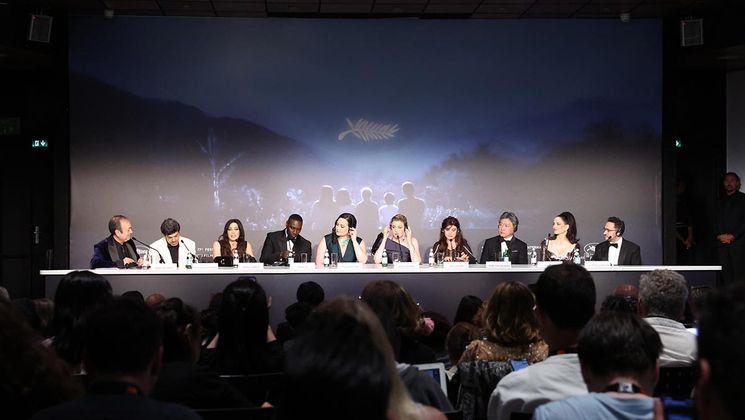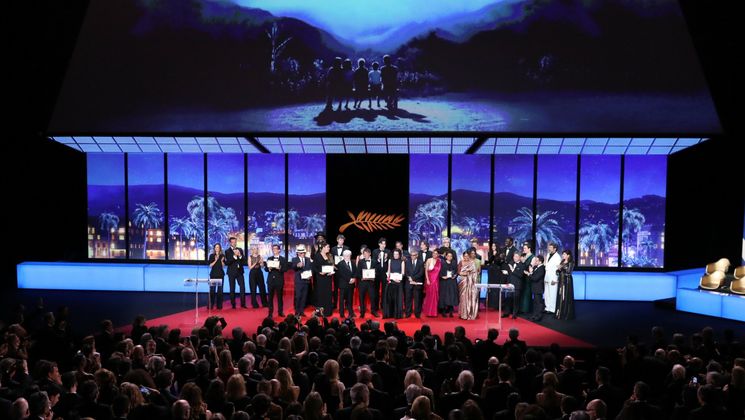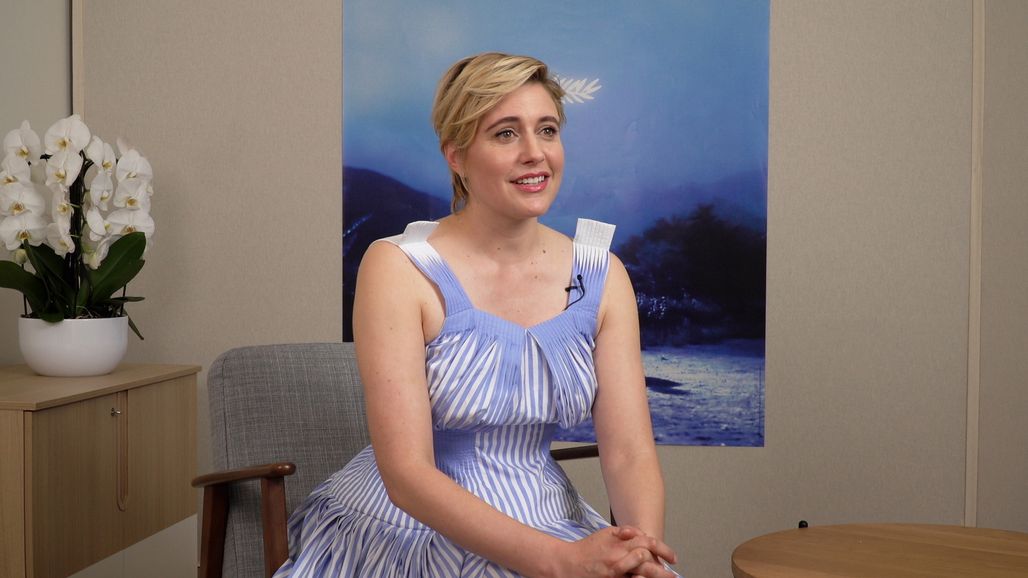
Meet Greta Gerwig, President of the Feature Film Jury

Was it strange going from an indie movie like Lady Bird to the record-breaking box-office hit Barbie?
In a way, although I’ve always switched back and forth between ultra-indie films and studio movies, I see it as the same thing, in the sense that I’m making the film I want to make. It’s just that the scale is different. The experience of making an actual film, though, is very similar. There are more people involved in a big studio movie, a lot more people in the art department say, but you still have your set designer, costume designer, director of photography, film editor and sound mixer. The film-making process meets the same standards and requirements.
In fact, I’ve always worked with film editor Nick Huy on all my films. Ultimately, it’s just me and him in a room, grappling with the images. You get a sense of continuity. You’re just making movies, and you can make them quiet or more spectacular, but the process never changes.
What kind of films do you like to make?
I hope to be making films like George Miller when I’m 80. It’s hard to say today, but when I look at the work I’ve done, I notice that I’m always drawn to a challenge. When I really have no idea how to make a film, it becomes gripping, because it’s about coming up with a new way of tackling it. It’s like how when some actors get a new part, and they embody a whole new person and mindset: in the same way, each film has its own world, and I shape the rules and strangeness that make it what it is.
In Frances Ha, that iconic dance scene was a nod to Leos Carax’s Bad Blood. Which director would you like to pay tribute to today?
There are so many directors I’d love to honour, but nowadays I’d say a combination of David Lean and Robert Altman: they’re the ones I’m interested in at the moment, but it varies. There are so many fantastic films, and I like to brush up against new ways of making movies when I watch them. It gets that spark in me going again, it reconnects me with an urge to make film.
Jane Campion was the Festival’s President in 2014, and she mentioned the film-maker’s ‘qualifications’, saying that your qualification is your movie, your short film. Would you agree with that?
I think there are so many different paths, some people go to film school and that’s extremely useful to them, while for others that isn’t the case at all. I think the best advice I was ever given was to watch lots of films, and keep watching lots of films. Also, read a lot, read things and watch films you aren’t necessarily interested in, because there might be something to take away there. Immersing yourself in film is the most useful thing I think, because it gets under your skin. Sometimes when you have a vision, you don’t quite know how to make it happen. A film can teach you how to do it, but you have to give yourself up to it, you have to let the film change you.
The best thing you can do as a film-maker is to get stuck into something hard, or something you feel you can’t do. And then try and do it. Some film schools make that easier, because they give you access to a community of people who share the same ideas and can nudge you in the right direction. They make it easier to pick up a camera and start trying things out for yourself. I don’t think that’s vital, but it can be useful.
As a dancer yourself, did you enjoy working with the choreographers on Barbie?
It was incredible, the only thing I know for sure about myself is that I’ll always have that connection with dance, it’s the thing I love to capture most. I love dancers, I love watching them. Dance on film is something that makes me extremely happy. I want to continue bringing dance to the screen.
